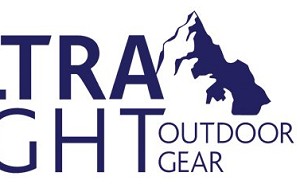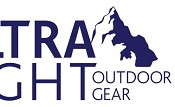In reply to GHawksworth:
I'm not sure how long acclimatisation stays in the physical sense - thinking of your trip to the alps and then Himalaya - but the mental acclimatisation ( experience, knowledge and skills ) for operating at altitude should help. It does effect different people in different ways.
Yes, I've had mild altitude sickness. In the alps some years ago, for me, it has usually meant being breathless during exercise when I wouldn't expect to be, mild headache and a little nausea. These days I only really get the breathlessness for the first couple of days at 4,000m because I acclimatise much more sensibly.
In the Himalayas everyone can expect similar symptoms but the headache and nausea will usually be stronger. So remember to eat and drink - even when you don't feel like it - and monitor yourself and others carefully. Know what signs and symptoms to look for. Know when to lose height. Bear in mind some people will hide or ignore their symptoms.
Find the snacks and drinks you can stomach even when slightly nauseous. Find the headache tablets that work for you. Personally I wouldn't use other 'acclimatisation drugs'.
Have fun









